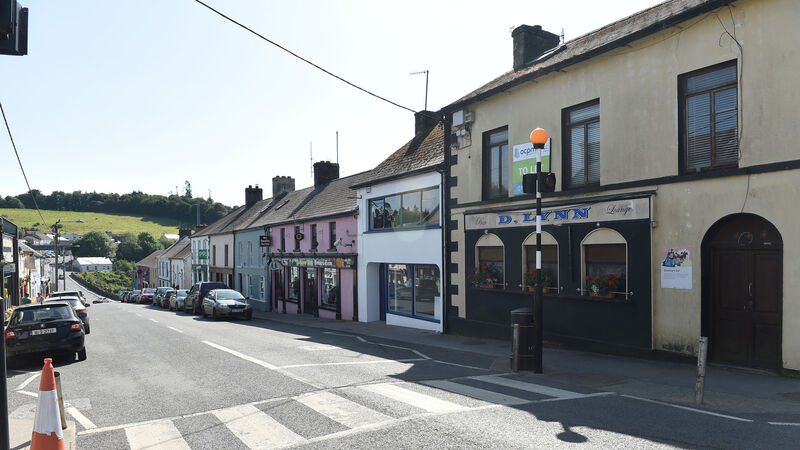Vacant pubs to be turned into homes in bid to solve housing crisis

The D Lynn public bar in Kilmacthomas, Co. Waterford, which has been vacant for a number of years. Fine Gael senator John Cummins said that the exemption from the requirement to obtain planning permission for the change of use of certain vacant commercial premises would replicate work being done in the county, where 50% of all repair and lease units nationally have been provided. Photo: Dan Linehan
Vacant pubs in towns all over Ireland are to be turned into homes in a bid to help solve the country's housing crisis.
Under plans to be brought in from January, Housing Minister Darragh O'Brien will extend exemptions for the conversion of commercial premises, as well as for above-shop living, out to 2025. This means that a person will not have to apply for planning permission to change the premises from a commercial to a residential unit.














